Hola comunidad Hive! Soy José Luis Heredia, mi hijo que por supuesto, posee el mismo nombre me invitó a unirme a esta plataforma, ya somos varios de la familia que actualmente disfrutamos de #Hive. Vivo en Barquisimeto, Venezuela. Quiero escribir algunas anécdotas de tipo familiar que relatan al mismo tiempo aspectos de actualidad, cuyo contenido dará oportunidad de intercambiar ideas y conocer amigos. Todo esto con el único objetivo de de hacer amena esta prestigiosa comunidad.
Hello Hive community! I am Jose Luis Heredia, my son who of course has the same name invited me to join this platform, we are already several of the family that currently enjoy #Hive. I live in Barquisimeto, Venezuela. I would like to write some family anecdotes that tell at the same time about current issues, whose content will give the opportunity to exchange ideas and meet friends. All this with the only objective of making this prestigious community enjoyable.
Comenzaré con expresarles que siempre he creído que la familia es lo principal en la vida. Tengo tantos recuerdos gratos de mi infancia en mi ciudad natal Barquisimeto y sus alrededores. Mi mamá, fiel seguidora de las tradiciones y costumbres venezolanas, era una destacada cocinera y costurera. Sus hallacas decembrinas fueron muy cotizadas por familiares, vecinos y amigos. También fueron de agrado sus deliciosas arepas peladas, la chicha de maíz, el dulce de leche, los bollos pelones, cachapas y pisillos de chigüire.
I will begin by expressing that I have always believed that family is the main thing in life. I have so many fond memories of my childhood in my hometown Barquisimeto and its surroundings. My mother, a faithful follower of Venezuelan traditions and customs, was an outstanding cook and seamstress. Her hallacas decembrinas were highly valued by family members, neighbors and friends. Her delicious peeled arepas, chicha de maíz, dulce de leche, bollos pelones, cachapas and pisillos de chigüire were also very popular.
Por cierto, del chigüire tengo un recuerdo no muy grato. Parecido a un perro pequeño, la primera vez que lo vi fue en un libro de quinto grado de primaria; quedé sorprendido, no sólo por su aspecto rústico y enmarañado, sino que me enteré por primera vez que su carne era la base del delicioso pisillo llanero (carne seca preparada).
By the way, I have an unpleasant memory of the chigüire. Similar to a small dog, the first time I saw it was in a fifth grade book; I was surprised, not only by its rustic and tangled appearance, but I learned for the first time that its meat was the base of the delicious pisillo llanero (prepared dried meat).
Esta tradición culinaria que abarca regiones llaneras de Colombia y Venezuela proviene de pobladores indígenas, que tenían esta nutritiva carne como principal proveedor de proteínas y nutrientes. La costumbre de llamarlo “pescado chiguire”, según se dice, para el conocimiento de algunos desprevenidos, fue debido a la anuencia de una bula papal que lo denominó pescado y autorizó a los habitantes de las colonias e indígenas a consumir este ratón gigante, bajo un argumento no muy claro. Algunos folkloristas mencionan en sus textos que, por conveniencia de los colonos y para preservar el ganado sobre los territorios amenazados por enfermedades, se otorgaron licencias para exterminar este mamífero que poblaban en marzo y abril grandes territorios de las colonia; Asimismo, se aprovechó la “ictiofagia preferente” de los días de semana santa (preferencia a consumir pescado) para tratar de disminuir su población. También se dice que por ser animales que tienen su hábitat en el agua, eran sencillamente designados peces; otros dan razones más creíbles históricamente, por ejemplo que para extender y facilitar la evangelización, algunas costumbres tuvieron que ser aceptadas por los colonizadores, entre ellas tradiciones de la cocina indígena ancestral. Incluso se acepta el hecho de que el Padre Sojo, tío abuelo del Libertador Simón Bolívar fue quien ofició ante el Papa la bula.
This culinary tradition that covers the llanero regions of Colombia and Venezuela comes from indigenous people, who had this nutritious meat as their main supplier of protein and nutrients. The custom of calling it "chiguire fish", as it is said, for the knowledge of some unsuspecting people, was due to the consent of a papal bull that called it a fish and authorized the inhabitants of the colonies and indigenous people to consume this giant mouse, under an argument that is not very clear. Some folklorists mention in their texts that, for the convenience of the colonists and to preserve the livestock on the territories threatened by diseases, licenses were granted to exterminate this mammal that populated in March and April large territories of the colonies; Also, the "preferential ichthyophagy" of the days of Easter (preference to consume fish) was used to try to reduce its population. It is also said that because they are animals that have their habitat in the water, they were simply designated fish; others give more historically credible reasons, for example that in order to extend and facilitate evangelization, some customs had to be accepted by the colonizers, among them traditions of the ancestral indigenous cuisine. It is even accepted that Father Sojo, great uncle of the Liberator Simon Bolivar was the one who officiated before the Pope the bull.
Por cierto, recuerdo que a mi hermano y a mí en tiempos de Semana Santa nuestra madre preguntaba:
- ¿Hijos quieren pescado chigüire?
-Si mamá, me gusta con arroz y plátanos- decíamos al unísono. - Pero recuerda eso no es pescado - ripostábamos.
Mi madre altanera nos decía: - ¡claro que sí, es pescado!
Le enseñábamos el libro de ciencias naturales, apuntando con el dedo el susodicho animal, sin embargo contestaba:
-Claro que lo conozco, ese es un pescado.. - (¿?)…
By the way, I remember that my brother and I were asked by our mother during Holy Week:
- Do your children want chigüire fish?
-Yes, Mom, I like it with rice and bananas- we would say in unison.- But remember that is not fish - we would say.
My haughty mother would tell us: - Of course it is, it's fish!
We would show her the natural science book, pointing the finger at the animal, but she would answer:
-Of course I know it, that's a fish.- (¿?)…
Ahora bien, Los expendios ambulantes al aire libre de este animal pudiesen hacen recordar al más mordaz de los individuos los mercados de la Provincia de Wuhan, donde se originó la gran pandemia mundial que sufrimos. La carne de este roedor gigante llamado también piro piro se ve por lo general apilada o colgando de ganchos, a la usanza china, esperando los ansiosos clientes atraídos principalmente para preparar el afamado pisillo de chiguire, muy típico en la costumbre gastronómica de la semana santa.
Now, this animal's open-air street vendors could remind even the most scathing of individuals of the markets of Wuhan Province, where the great world pandemic we suffered from originated. The meat of this giant rodent also called piro piro is usually seen piled up or hanging from hooks, in the Chinese way, waiting for the anxious customers attracted mainly to prepare the famous pisillo de chiguire, very typical in the gastronomic custom of the Holy Week.
Cabe recordar que en el mercado de animales salvajes de Wuhan tuvo origen el Covid- 19. Tortugas, ranas, pangolines, murciélagos, ratas, cocodrilos, serpientes, perros, crías de lobo, entre otras, eran solo muestra de las casi 100 de especies que se ofertan a diario en dicho lugar. Según estudios de la OMS la cepa del Covid-19 puede tener su origen en el triangulo animal salvaje-ambiente-humano, donde el populoso mercado chino se hizo el medio ideal de propagación del virus por la gran cantidad de animales vendidos y humanos que allí concurren.
It is worth remembering that the Covid-19 had its origin in the Wuhan wild animal market. Turtles, frogs, pangolins, bats, rats, crocodiles, snakes, dogs, wolf cubs, among others, were only a sample of the almost 100 species offered daily in that place. According to studies by the WHO, the Covid-19 strain may have its origin in the wild animal-environment-human triangle, where the populous Chinese market became the ideal means of spreading the virus due to the large number of animals sold and humans who attend there.
Bueno, pudiésemos preguntarnos si nuestro animalito peludo (Hydrochoerus hydrochaeris, según los libros de ciencias naturales) podría ser generador o portador de un virus mutante contagioso tan mortal como el SRAS o el Covid-19, convirtiéndose en un peligro para nuestro pueblos de Latinoamérica o a nivel mundial.
Well, we could ask ourselves if our little furry animal (Hydrochoerus hydrochaeris, according to natural science books) could be a generator or carrier of a mutant virus as deadly as SARS or Covid-19, becoming a danger for our people in Latin America or worldwide.
La respuesta nos las dará la providencia en su debida oportunidad, toda vez que creo que mientras se tenga un humilde respeto por la Madre Naturaleza y no se ensañe contra su delicado equilibrio ella misma nos responderá con la generosidad y magnificencia que nos tiene acostumbrado. Los romanos señalaban al respecto:
Providence will give us the answer in its due opportunity, since I believe that as long as we have a humble respect for Mother Nature and do not go against her delicate balance, she will respond to us with the generosity and magnificence that she has accustomed us to. The Romans pointed this out:
NATURALIA NON SUNT TURPIA: Las cosas naturales no son infames//Natural things are not infamous.
FIN//END

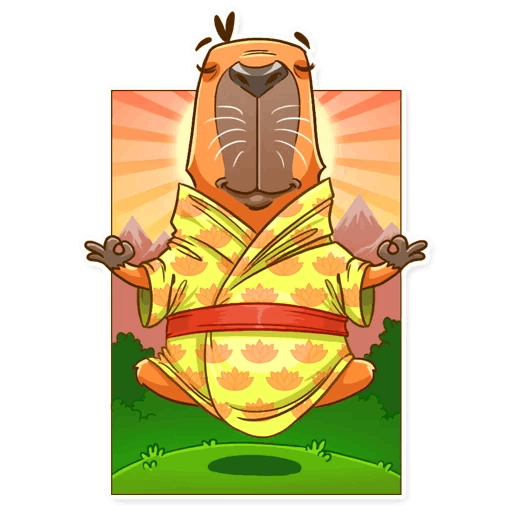
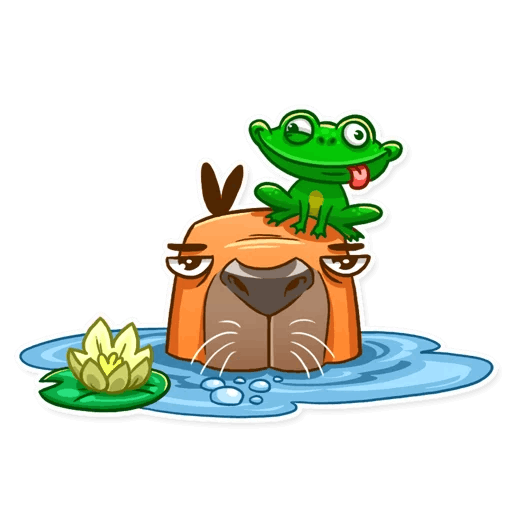
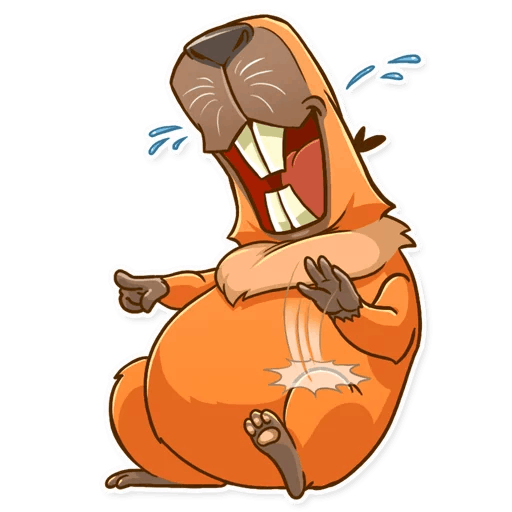
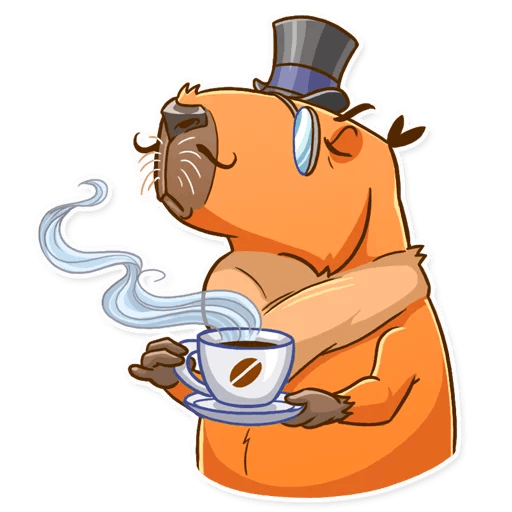
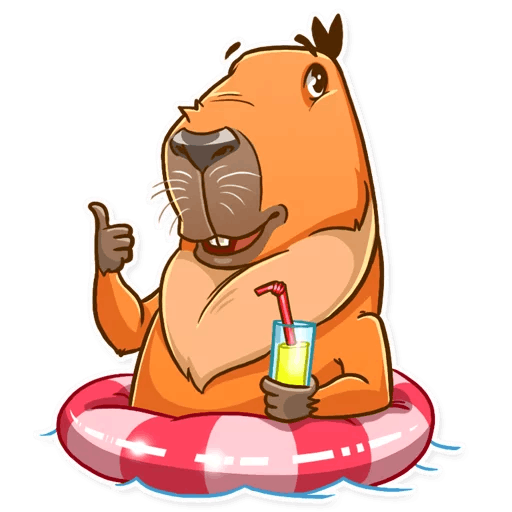
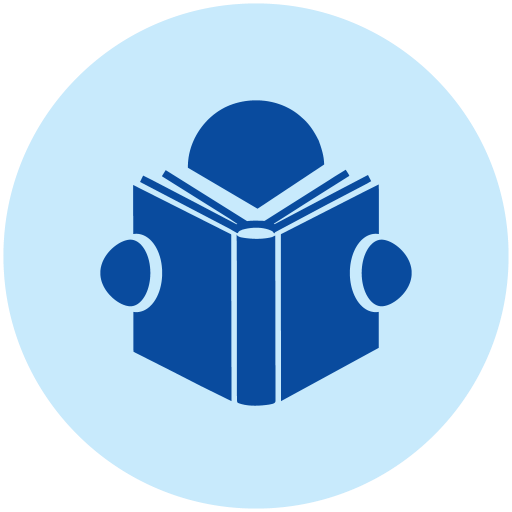
Welcome cuentacuento!
Ecency is mobile and desktop application that improves your experience on Hive.
We reward our users with encouragement upvotes as well as Points to promote and boost your content.
Download Android: https://android.ecency.com, iOS: https://ios.ecency.com, desktop: https://desktop.ecency.com apps that helps you to gain new followers and stay connected with your friends, unique features - notifications, bookmarks, favorites, drafts, and more. Learn more: https://ecency.com Join our discord: https://discord.me/ecency
50%Congratulations, @cuentacuento Your Post Got Boost By @hiveupme Curator.
"Delegate To @hiveupme Curation Project & Earn 95% Curation Rewards"
Contact Us : CORE / VAULT Token Discord Channel or Join Us : UPMELINK Web Site
Bienvenido cuenta cuento, me has dejado sorprendida con esta historia del chigüiere, y me hiciste recordar la primera vez que comí baba, mi madre me dijo que era pollo, pero to decía sabe a pescado, y mi madre volvía a decir es pollo.
Gracias safiro por leer mi post! Tienes razón, cuando niño siempre nos engañan. El babo es más sobroso que el Chiguire😊. Saludos!